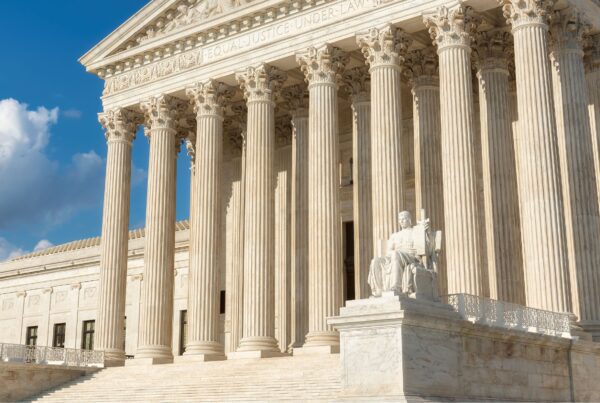In Florida, a cause of action for abuse of process arises when a legal process, such as a civil lawsuit or criminal proceeding, is used improperly or maliciously. This is done in order to achieve a result that is not related to the purpose for which the process was intended.
What is Abuse of Process?
Abuse of process involves “the use of criminal or civil legal process against another primarily to accomplish a purpose for which it was not designed”. [1] “For the cause of action to exist, there must be a use of the process for an immediate purpose other than that for which it was designed. There is no abuse of process, however, when the process is used to accomplish the result for which it was created, regardless of an incidental or concurrent motive of spite or ulterior purpose. In other words, the usual case of abuse of process involves some form of extortion.” [2]
Requirement of Malice
Malice—the intention or desire to do evil—is not required in an abuse of process claim. [1] It is not an excuse either that a litigant was following the advice of her lawyer. [1] “Abuse of process consists “of a willful and intentional misuse of process for some wrongful and unlawful object or collateral purpose.” [3]
Difference from Malicious Prosecution
Abuse of process and malicious prosecution are often mixed, but they are different. An action for abuse of process differs from an action for malicious prosecution in that the latter is concerned with maliciously causing process to issue. While the former is concerned with the improper use of process after it has been issued. [4] The maliciousness or lack of foundation of the asserted cause of action itself is actually irrelevant to the tort of abuse of process. [5]
Conclusion
For more information about abuse of process actions, contact one of our experienced litigation attorneys at 305-570-2208. You can also email attorney Eduardo directly at eduardo@ayalalawpa.com.
We at Ayala Law PA are passionate about helping those in legal need, so please don’t hesitate to schedule a case evaluation with us online here.







